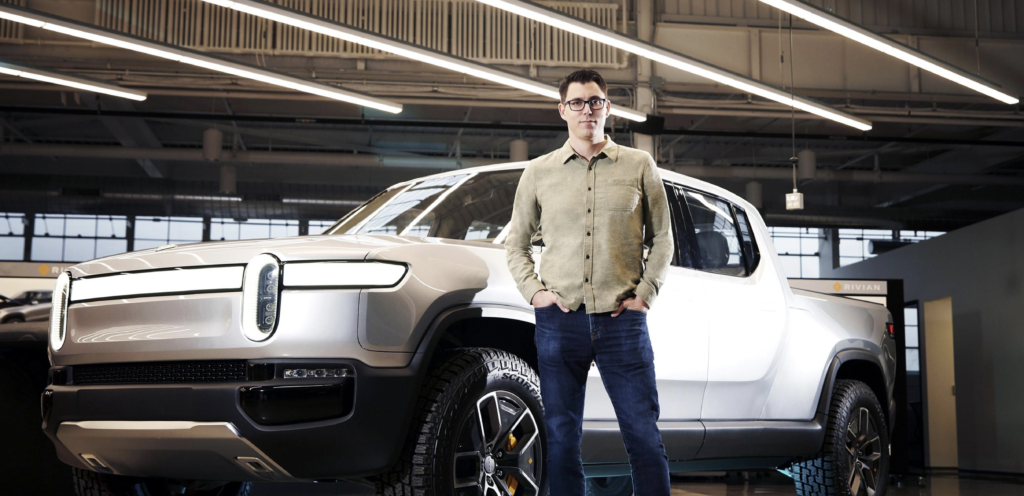Rivian is using its digital safety features and connected car system to offer a personalized and competitively priced insurance program. For example, users can opt to use the Active Driving Assistance, which automatically steers and adjusts driver speed on the highway.
This encourages safe driving, lowering the chances of expensive claim payouts. In addition, the connected trucks send vehicle data to Rivian to diagnose issues like worn-out tires remotely, letting the firm make car repairs before they become more expensive problems. Both the safety features and connectivity helps Rivian make savings that are passed on to the users via lower premiums.
Tech-focused car firms unveiling their own insurance poses a direct competitive threat to insurtechs—but it also presents partnership opportunities. Rivian’s announcement follows fellow electric car giant Tesla launching its own insurance program in California in 2019 in partnership with incumbent State National, with plans to eventually go nationwide. These tech-focused car firms already offer data-driven and tailored coverage similar to the likes of usage-based auto insurtechs Metromile and Root.
This means these car firms no longer need insurtechs’ solutions, as they only require a carrier license, which they can get from an incumbent insurer, to underwrite the policies. At the same time, insurtechs can use these announcements to strike partnerships with less tech-savvy car manufacturers that are looking to move into insurance and not fall behind their innovative younger peers, as seen with insurance comparison platform Insurify and Toyota last week.
Source: Emarketer









